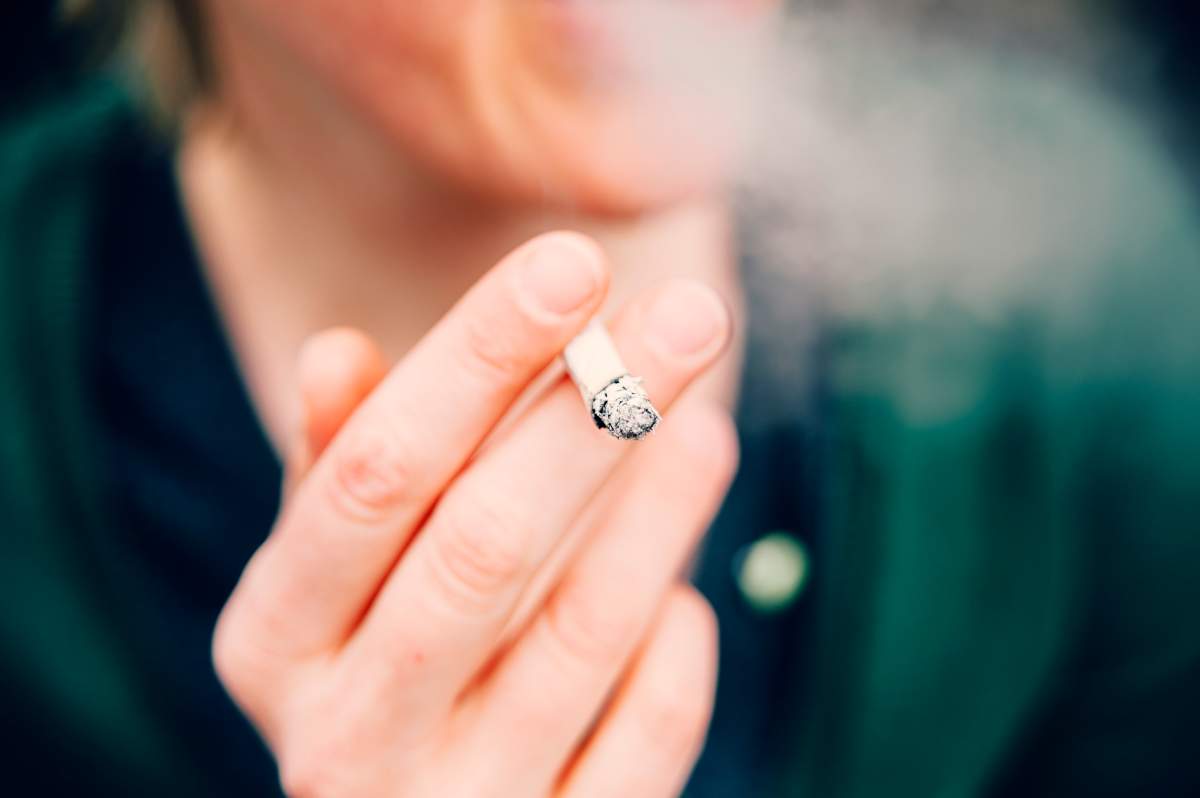New Zealand has scrapped legislation that would have prevented a generation of young people from legally purchasing cigarettes.

On Monday, after Prime Minister Christopher Luxon was newly sworn into office, the conservative leader confirmed his government would repeal the strict tobacco restrictions before they came into effect.
The legislation would have banned the sale of cigarettes to anyone born after 2008. The legislation was the first of its kind and would have seen the minimum age to buy cigarettes go up. At the time, the decision was praised by international health officials — ones who may now find the reversal a bit of a drag.
Luxon said on Monday his main goals as prime minister are to improve the economy and curb inflation.
He said smoking rates in New Zealand have been declining for the last 30 years. Luxon argued that by banning cigarettes for young people, an untaxed “black market” was likely to emerge. He said tax revenue from the sale of cigarettes was “not the motivation” for backtracking on the ban.
Luxon clarified that the new government will also forego laws that intended to reduce the amount of nicotine allowed in tobacco products to “non-addictive levels.” The legislation would have additionally slashed the number of stores legally able to sell cigarettes from 6,000 to 600 nationwide.

Get breaking National news
The ban was expected to prevent smoking-related deaths and could have saved up to 5,000 lives each year.
Prior to being elected, Luxon did not mention reversing the smoking ban.
Though smoking rates are relatively low in New Zealand, they remain higher among Indigenous Māori, with about 20 per cent reporting they smoke. The country has increased funding for health services and campaigns that encourage quitting smoking, specifically for Māori and Pacific communities, the Guardian reported.
Health Coalition Aotearoa, an anti-smoking group from New Zealand, called the decision to repeal “a massive win for the tobacco industry — whose profits will be boosted at the expense of Kiwi lives.”
“The Coalition Government’s Smoke-free Amendment repeal will cost thousands of lives and have the greatest effect on Māori,” the group wrote.
The “generational smoking ban,” as it’s often been called, was first proposed by Jacinda Ardern’s government in 2022. It served as inspiration for other countries to follow suit, and in October, British prime minister Rishi Sunak proposed the U.K. would follow suit. The prime minister said under the proposal, the U.K. could potentially phase out smoking among young people almost completely, as soon as 2040.

Since New Zealand has repealed their legislation, the U.K. will become the first country to implement the generational smoking ban, should legislation pass. The BBC reported that Sunak’s position on the ban has not changed.
Luxon’s National Party won New Zealand’s federal election in October with 38 per cent of the vote. The National Party formed a coalition with New Zealand First, a populist and nationalist political party.
— With files from Global News’ Kathryn Mannie








Comments